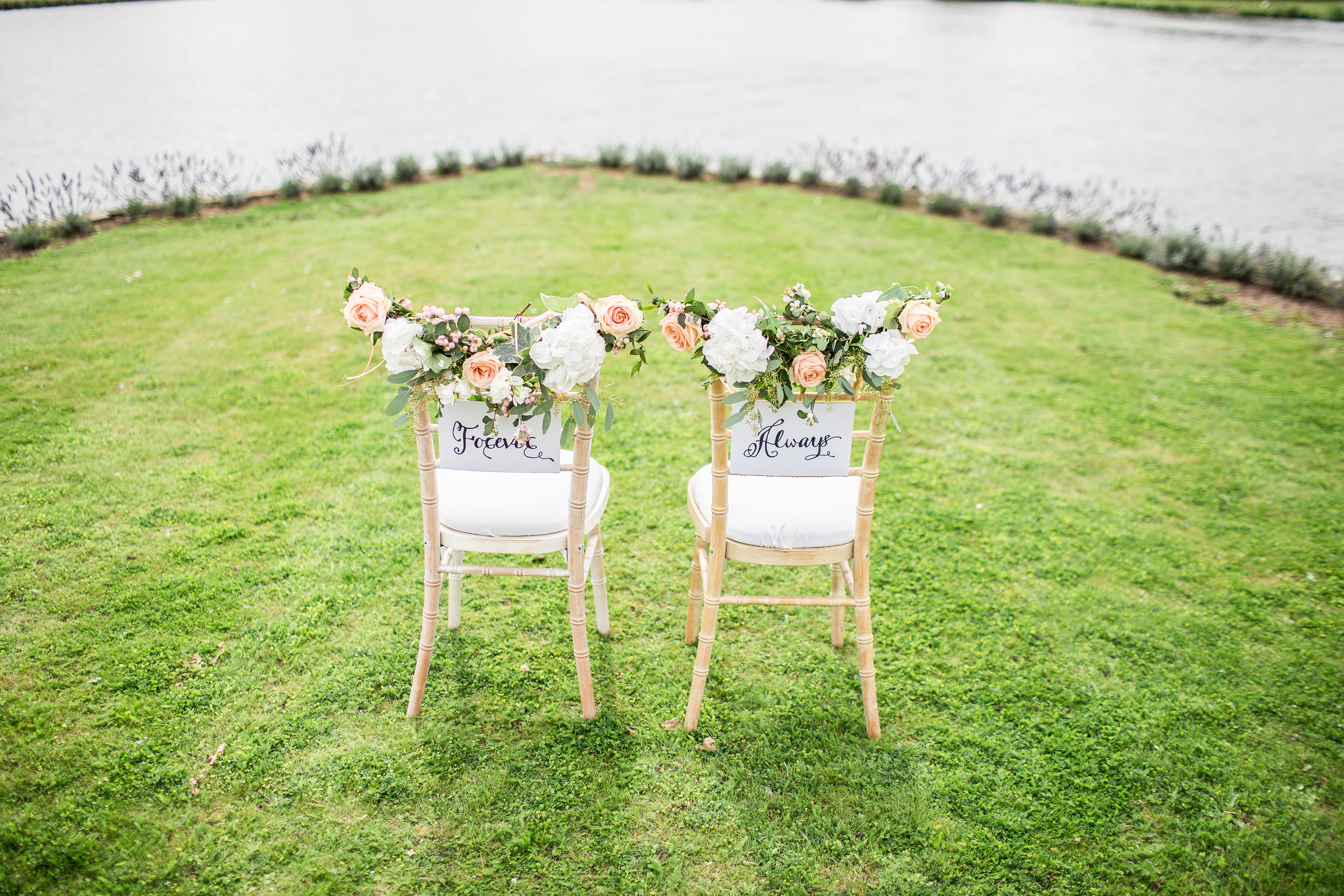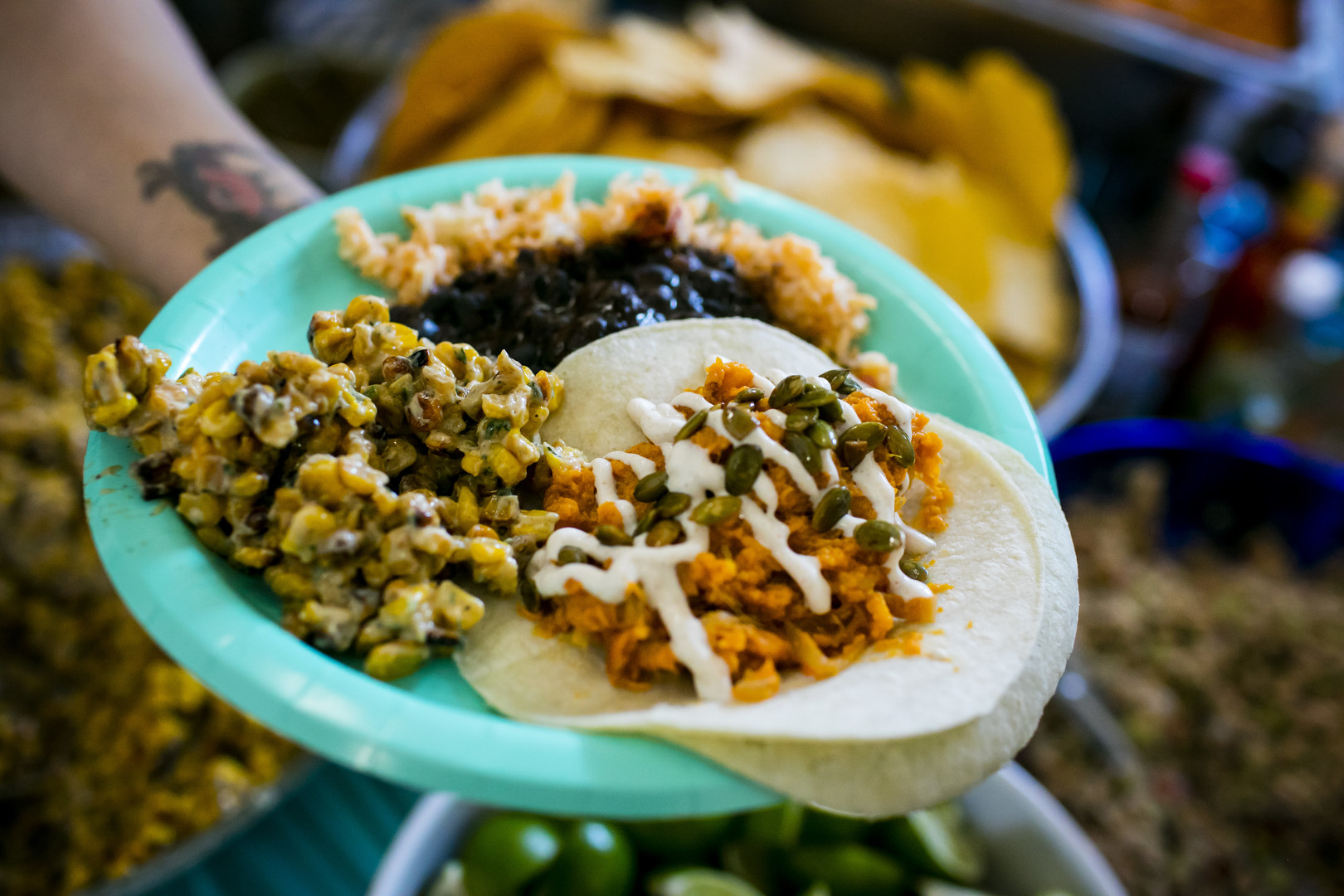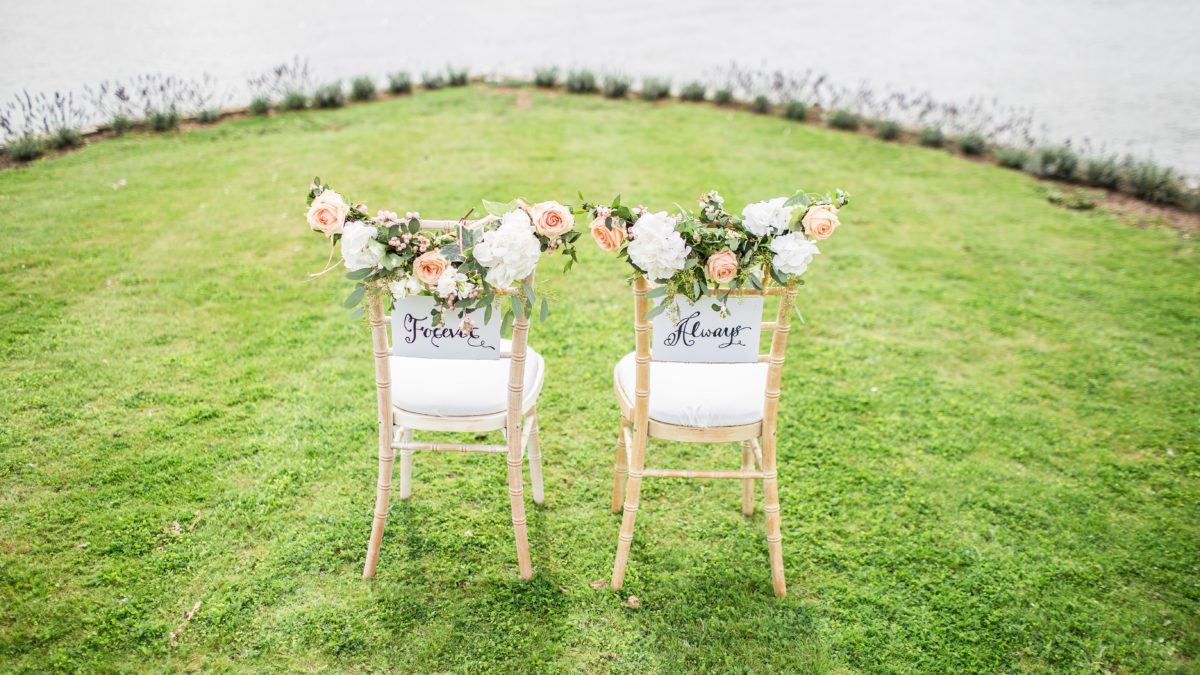Your special day is coming up and you couldn’t be more excited. After all, what’s better than a day spent surrounded by the people closest to you, in celebration of your happiness?
It’s important to make sure that all the people attending your wedding in celebration of you and your partner are able to fully participate in the event and enjoy it without worrying if their access needs are being met. Accessible simply means that people with disabilities and chronic illnesses can attend your wedding without any barriers.
Here are some tips to make sure that your wedding is meaningfully accessible to all of your guests.
Start planning for access early on.
Accessibility shouldn’t be an afterthought that’s tacked on as the wedding is fast approaching. (If you’re already in the middle of wedding planning and you aren’t sure if your event is accessible, you should start as soon as possible.) People with disabilities and chronic illnesses might literally not be able to attend, participate in, or enjoy your wedding if you don’t make it part of your plan from the beginning. What if the photo booth rental isn’t large enough to fit a wheelchair and one of your guests uses a wheelchair? You don’t want to find these things out the day of, so it’s best to start the conversation earlier.

Don’t make assumptions.
You might be thinking, “None of my guests have a disability!” It’s better not to make assumptions about your guests’ needs. Not all disabilities are immediately visible, and many people with disabilities and chronic illnesses don’t use any type of mobility aid or assistive device.
Send out an anonymous access survey.
Instead of assuming, give the people you’ve invited the chance to tell you what they need. An anonymous survey or a card that guests can fill out and mail back to you with their RSVPs is a great idea, or you might set something up on social media so it’s more immediate. Do people have any allergies? Is anyone concerned about strobe lighting on the dance floor? Do any of your guests need an American Sign Language interpreter? It’s always a good idea to leave at least one blank section for questions you may not think of, so people have the opportunity to share any and all needs with you.
Serve a variety of foods, beverages, and desserts.
Figuring out what to serve at your wedding is already a challenge, but you definitely want to make sure you aren’t serving a plum wedding cake if someone is allergic to plums (at least, not without an alternative option!). The best way to make sure your food and beverage selections are accessible is to ask people ahead of time if they have any allergies or dietary restrictions—because it could be something you might not think about, like tomatoes or red meat—and offer a wide variety of options so that your guests can choose.

Make sure your venues and locations are accessible.
Look for things like ramps, ample seating in a variety of sizes, and accessible all gender restrooms. Use this list from Rooted in Rights, this ADA (Americans With Disabilities Act) checklist, or this guide to designing accessible events if you’re not sure where to start, as well as referring to any information you have from your guests about their access needs. When you’re interviewing potential venues and vendors, ask them about accessibility and bring up less common questions, like whether the catering staff has a no-scent or fragrance-free policy or can implement one if you need to have a scent-free wedding.
Final tip: Err on the side of caution when planning accessibility at your wedding. It’s much better to have access plans in place that no one ends up using than to have an inaccessible wedding that your guests can’t enjoy or worse, can’t attend. Make sure all the people you’re inviting know that you’re serious about making this wedding accessible to everyone!






























